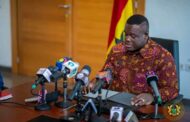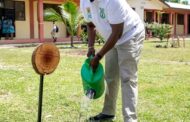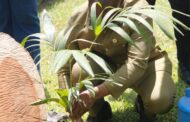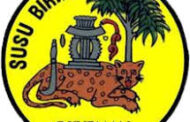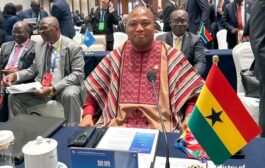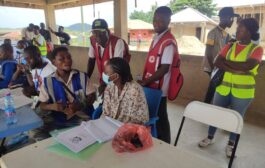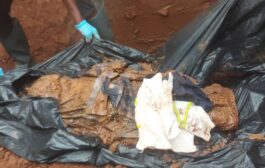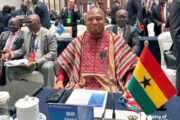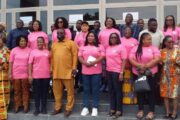On the sidelines of the World Economic Forum, in Davos, Switzerland, together with Secretary John Kerry, in our capacities as co-Chairs of the Forest and Climate Leaders’ Partnership (FCLP), held two separate meetings with Brazil and the Democratic Republic of Congo (DRC), to find ways of working together to achieve the ambitious objective of the FCLP to halt and reverse forest loss and land degradation by 2030, whilst delivering sustainable development and promoting an inclusive rural transformation.
The delegation from Brazil was led by the Minister for Environment and Climate Change, Hon. Marina Silva, and the DRC delegation was led by the Vice Prime Minister and Minister for Environment, Hon. Eve Bazaiba Masudi.
The Amazon Rainforest is said to be the largest tropical rainforest in the world, and some sixty percent (60%) of this tropical rainforest is found in the territories of Brazil. The Congo Basin is the second largest rainforest in the world, and about sixty percent (60%) of this is found in DRC’s territory.
Achieving the high ambition of the FCLP requires that we work closely with these major forest countries. Already, together with Indonesia, Brazil and DRC we have formed the Indonesia-Brazil-Congo (IBC) rainforest alliance, to protect their forests.
Together, these three countries control over fifty percent (50%) of global tropical forests, and are crucial to global efforts at halting deforestation.
The meetings were very fruitful, and we are encouraged by the commitment of the IBC to work with the FCLP to achieve its objectives.
The climate crisis is reaching a tipping point, and requires all hands-on-deck approach to come to grips with this crisis. Forest and nature-based solutions have proven to be very impactful and verifiable, and Ghana, as a respected member of the international community, remains committed to working with all partnership to deliver Forest and nature-based climate solutions to achieve the 1.5 degrees Celsius target for people and planet.
Source:Mybrytfmonline.com/Kwabena Nyarko Abronoma







